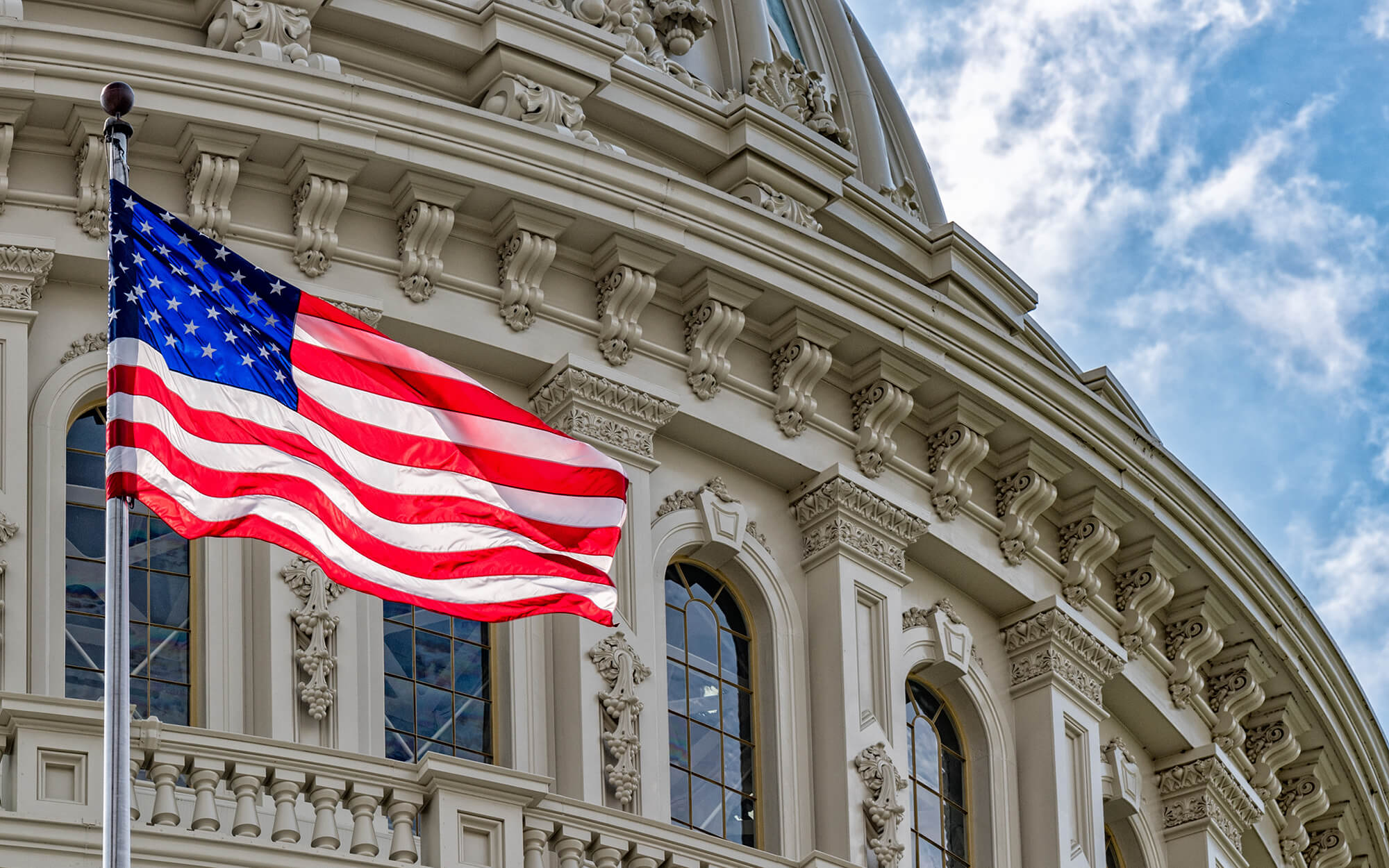De Novo Community Bank Formation
ICBA supports a flexible and tailored supervisory policy with regard to de novo banking applicants that is based on the pro forma risk profile and business plan of the applicant.


Take Action Today
Help advocate for community banking by writing a letter to congress.

Join the ICBA Community
Explore the ICBA Community to see discussions on this and other issues.
Position & Background
- ICBA supports a flexible and tailored supervisory policy with regard to de novo banking applicants. Capital standards, exam schedules, and other supervisory requirements should be based on the pro forma risk profile and business plan of the applicant and not on a standard policy that applies to all de novo bank applicants.
- ICBA also supports tax incentives for de novo banks to encourage community bank formation. A federal tax credit for new banks in certain rural areas, for example, would help those banks offset startup costs and encourage de novo bank activity in areas where banking is limited.
- The biggest obstacle to de novo bank formation is raising capital. The FDIC believes that it should take from $15 million to $30 million to start a bank, which far exceeds what was expected prior to the economic downturn of 2008-2009. ICBA recommends phasing in its capital requirements for de novo banks particularly minority banks and those in rural and underserved areas where access to capital is limited. The FDIC must also streamline its application process for de novo banks.
- Regulators should make it easier for de novo banks to amend their business plans to expand into new lines of business or to meet changing market conditions. Requiring strict adherence to a business plan for the entire de novo period limits the ability of de novo banks to grow and reach profitability in a timely manner.
- The FDIC should adopt a flexible dividend policy for de novo banks that have operated profitably for several years with strong earnings, are well managed, and are growing though not fast enough to efficiently deploy capital level required at launch. The ability to dividend while maintaining adequate capital would support smart growth rather than forced growth and help de novo banks attract investors.
ICBA supports a flexible and tailored supervisory policy with regard to de novo banking applicants that is based on the pro forma risk profile and business plan of the applicant. To ease the burden of raising capital, ICBA recommends that the FDIC consider phasing in its capital requirements for de novo banks, particularly for minority banks and banks in rural and underserved areas where access to capital is limited.
At present, the FDIC expects the initial capital of each de novo institution to be sufficient to provide a tier-one-capital-to-assets leverage ratio of not less than 8 percent throughout the first three years of operation. This means that the de novo institution must have capital on day one equal to 8 percent of what it projects its assets will be three years from the opening date.
ICBA recommends that the FDIC phase in the capital requirements so that the bank would only be required to have 6 percent capital on day 1, 7 percent at the beginning of the second year, and 8 percent at the beginning of the third year. This would give the community bank some extra time to meet current, strenuous capital requirements.
ICBA Expert Contacts

Jenna Burke
